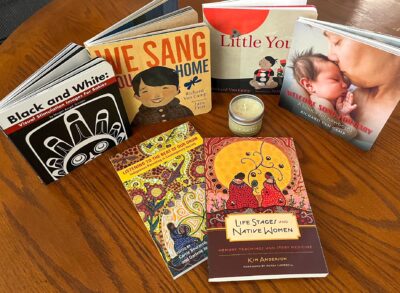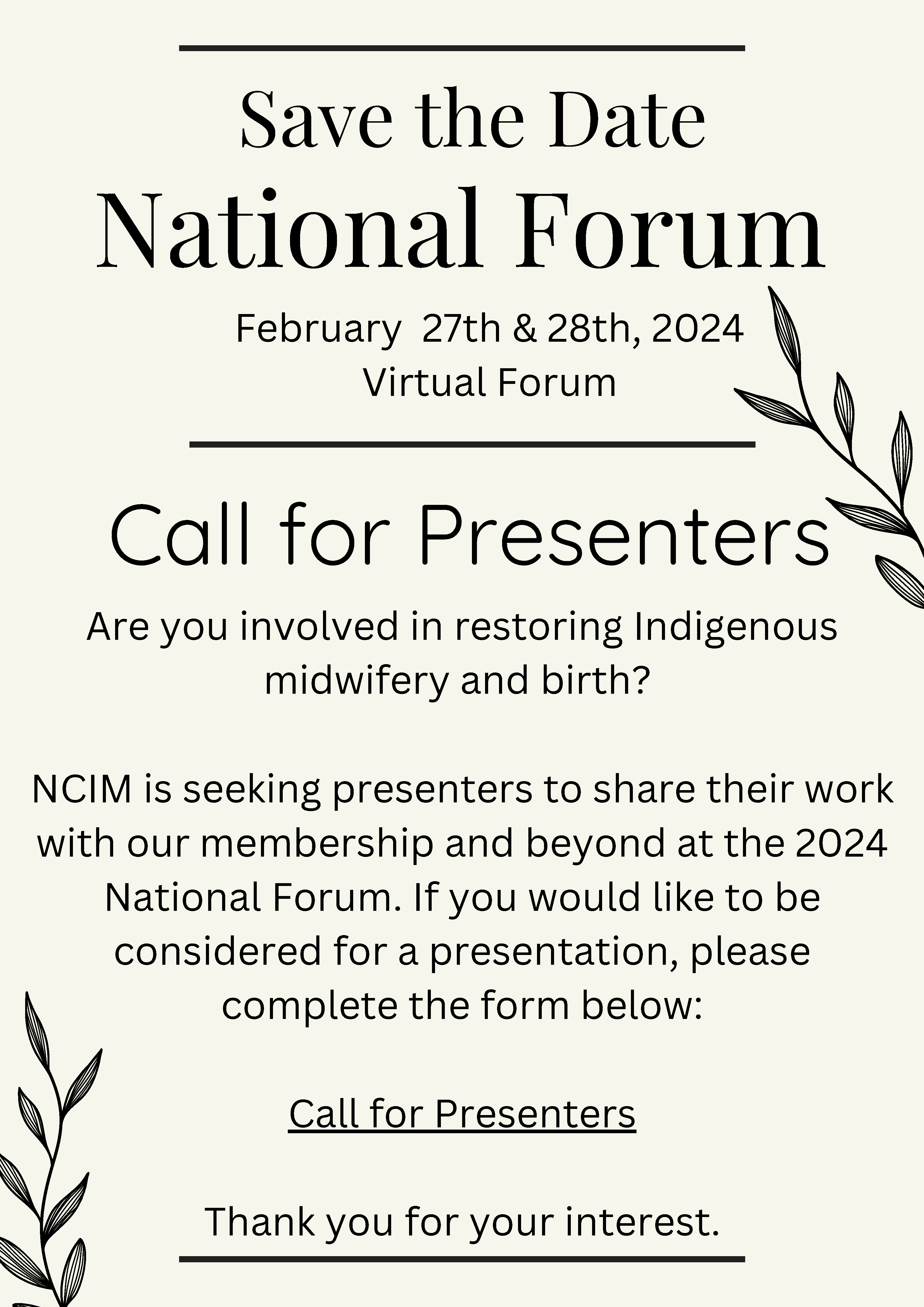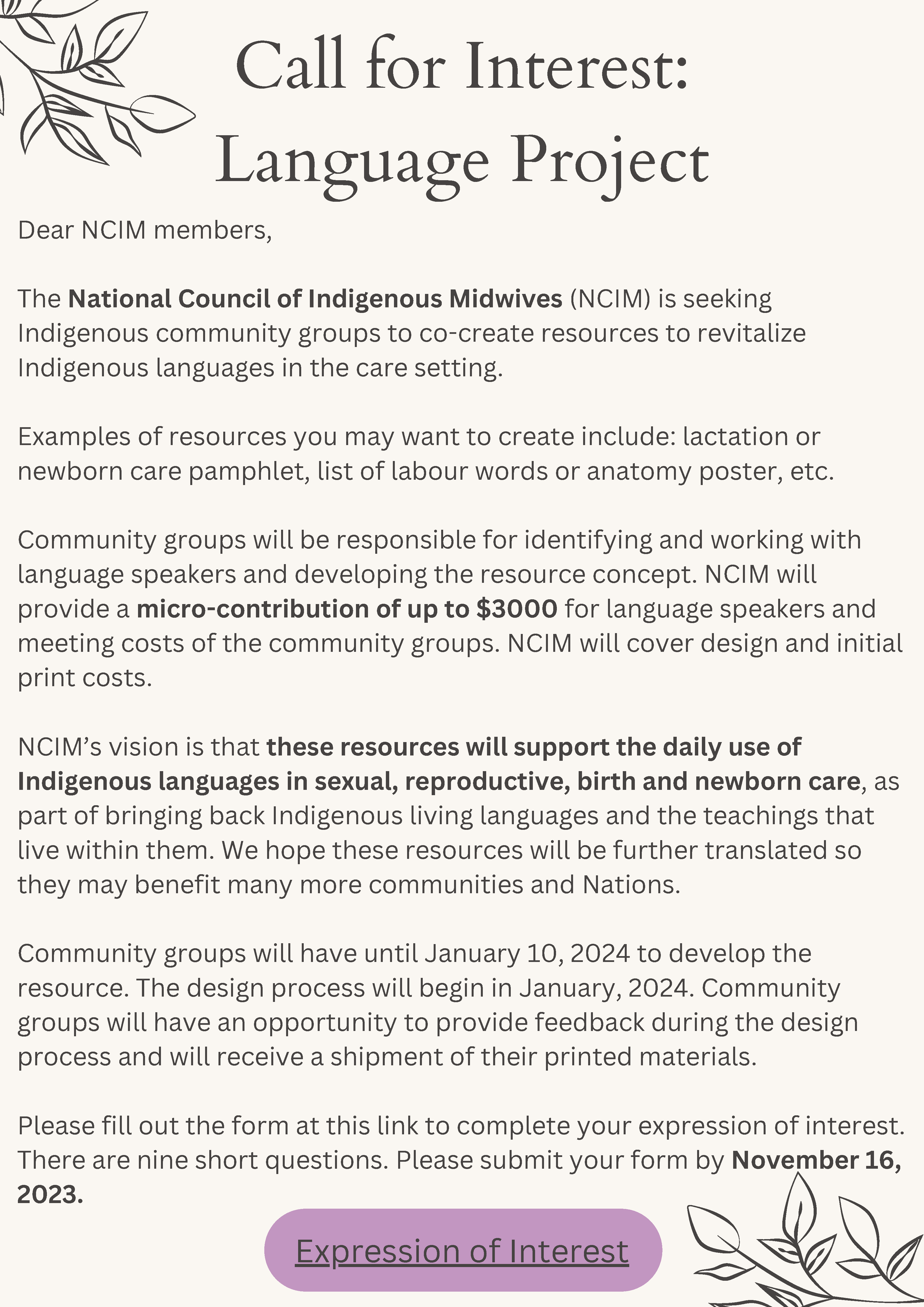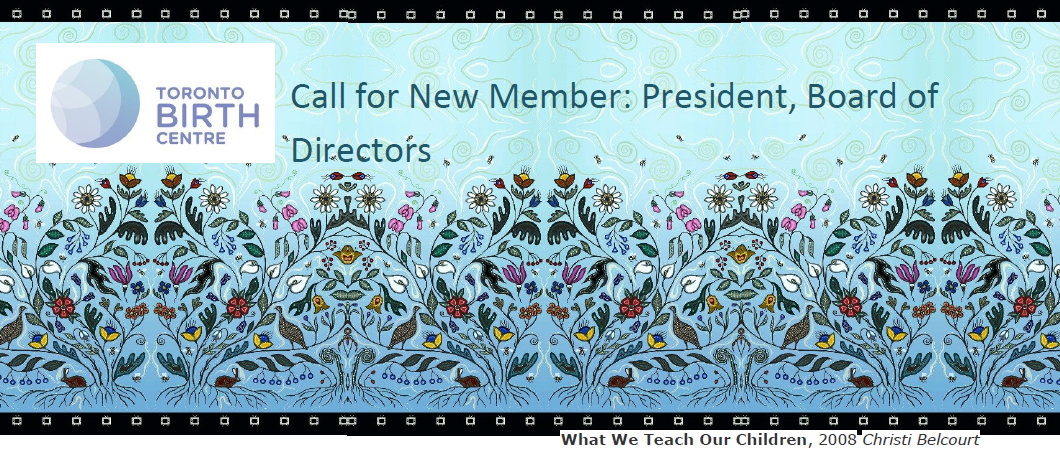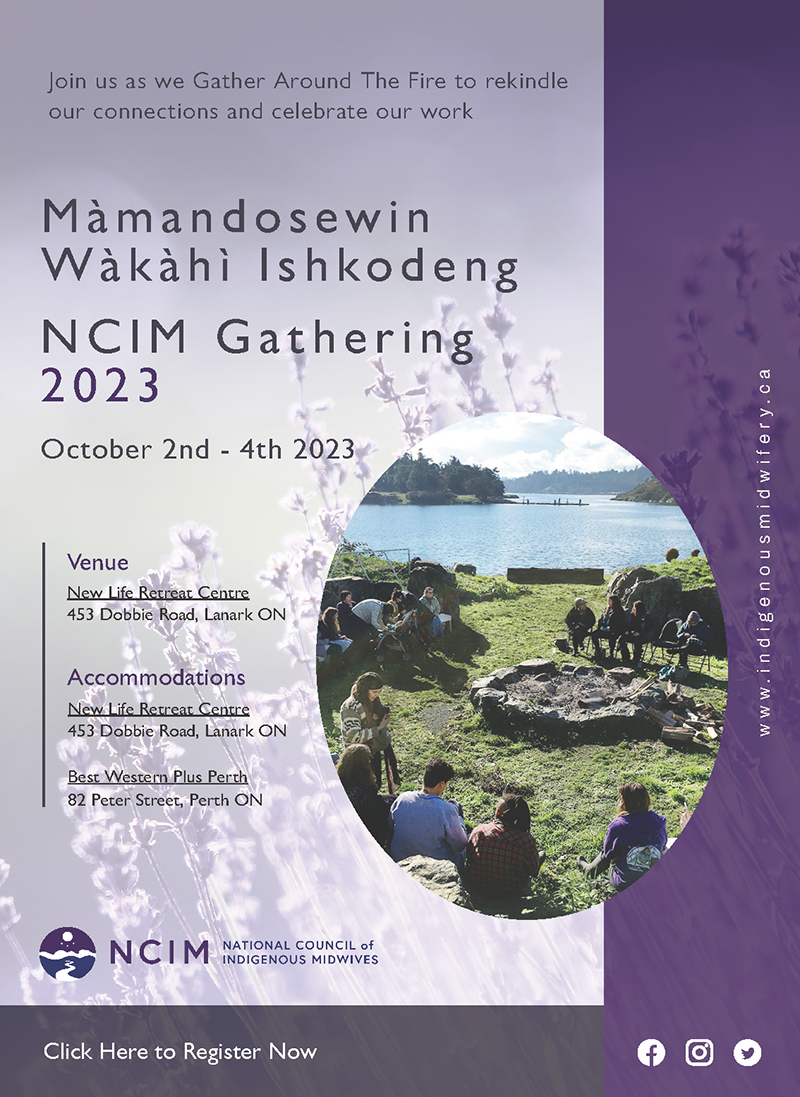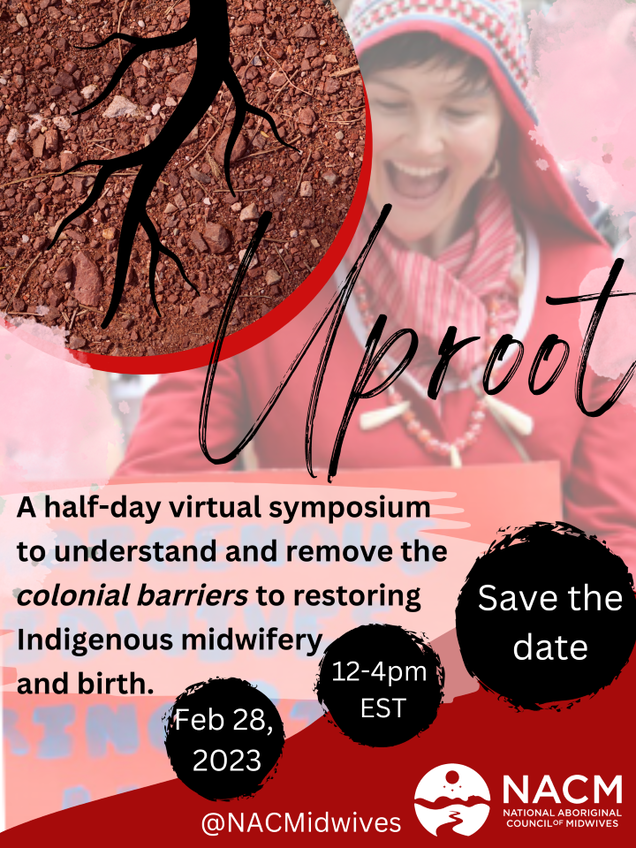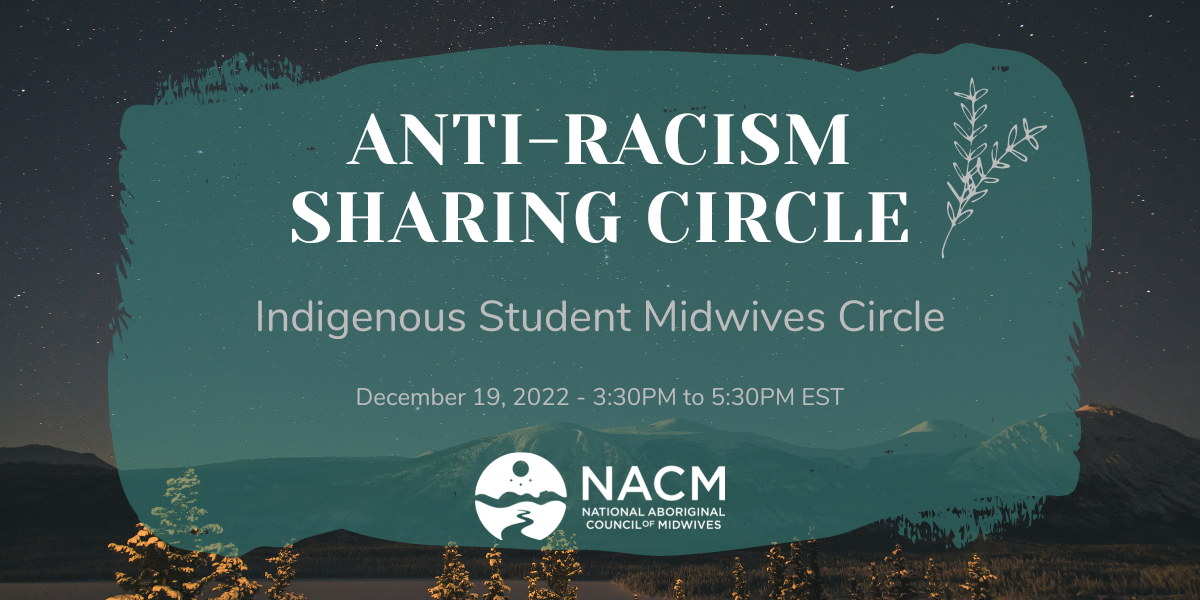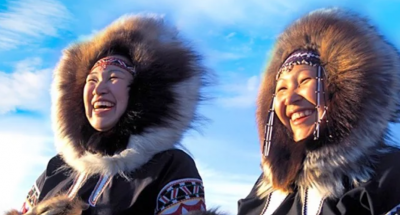#BirthBack Photo Contest

#BIRTHBACK Photo Contest
Calling all Indigenous midwives, lifegivers, family & community members! NCIM is looking for photos of Inuit, Métis and First Nations midwifery and birth.
Photos could include images of:
- Care in action: Indigenous midwives and anyone who provides support in the circle of care
- Baby carrying/baby wearing/baby care
- Pregnancy, breast/chestfeeding, birth and beyond
- Lifegivers, partners and their babies
- Families and community sharing in the joy of birth
- Photos that show the connection between birth and the land
- Anything else related to Indigenous midwifery and birth!
CONTEST RULES
- SUBMIT YOUR PHOTOS by midnight (PST) on Sunday, March 24th, 2024
- If your photo is selected you will receive payment of $100 per photo
- The winning photo will receive a $250 prize!
- Every person who submits will be entered into a draw to win a special gift (see below)
- The draw will take place on March 25th, 2024

